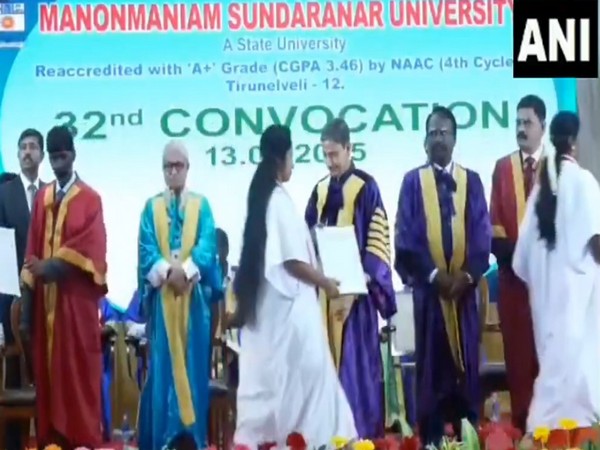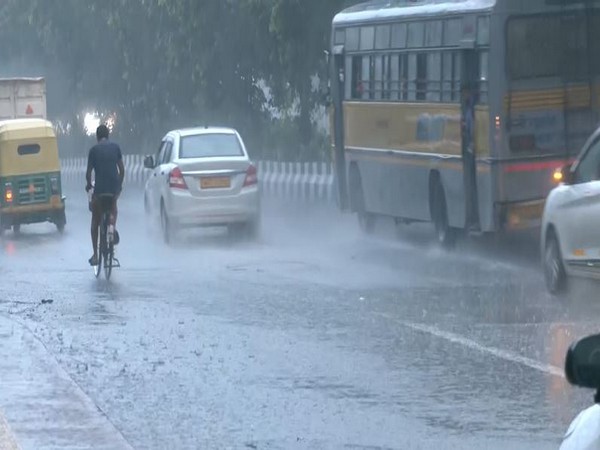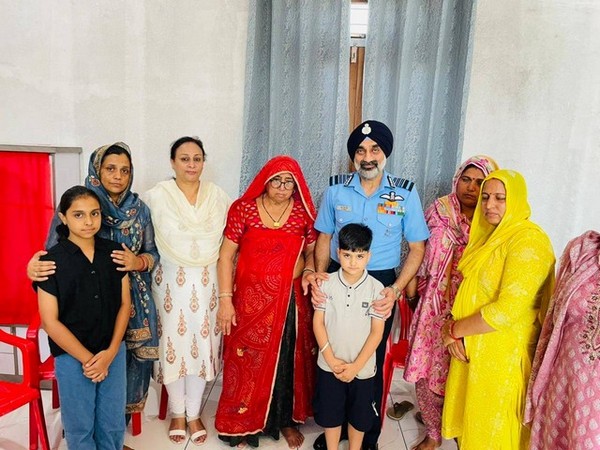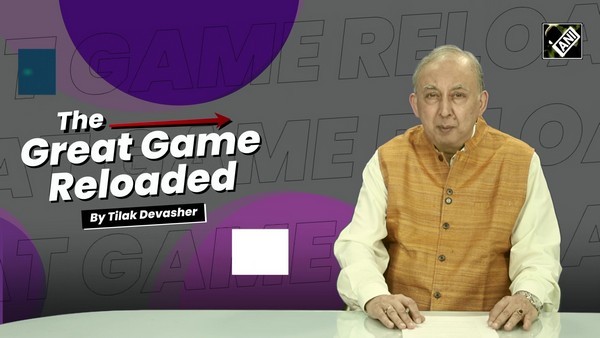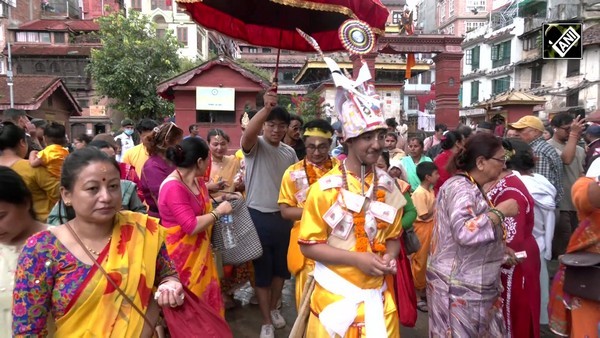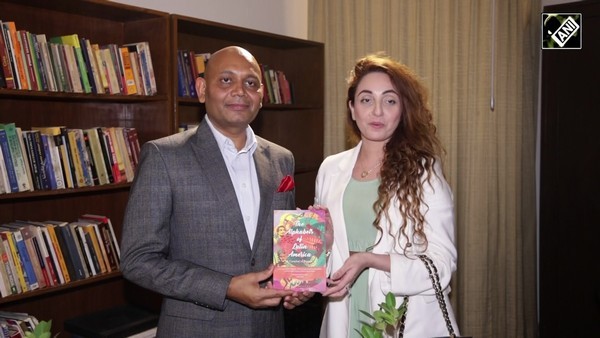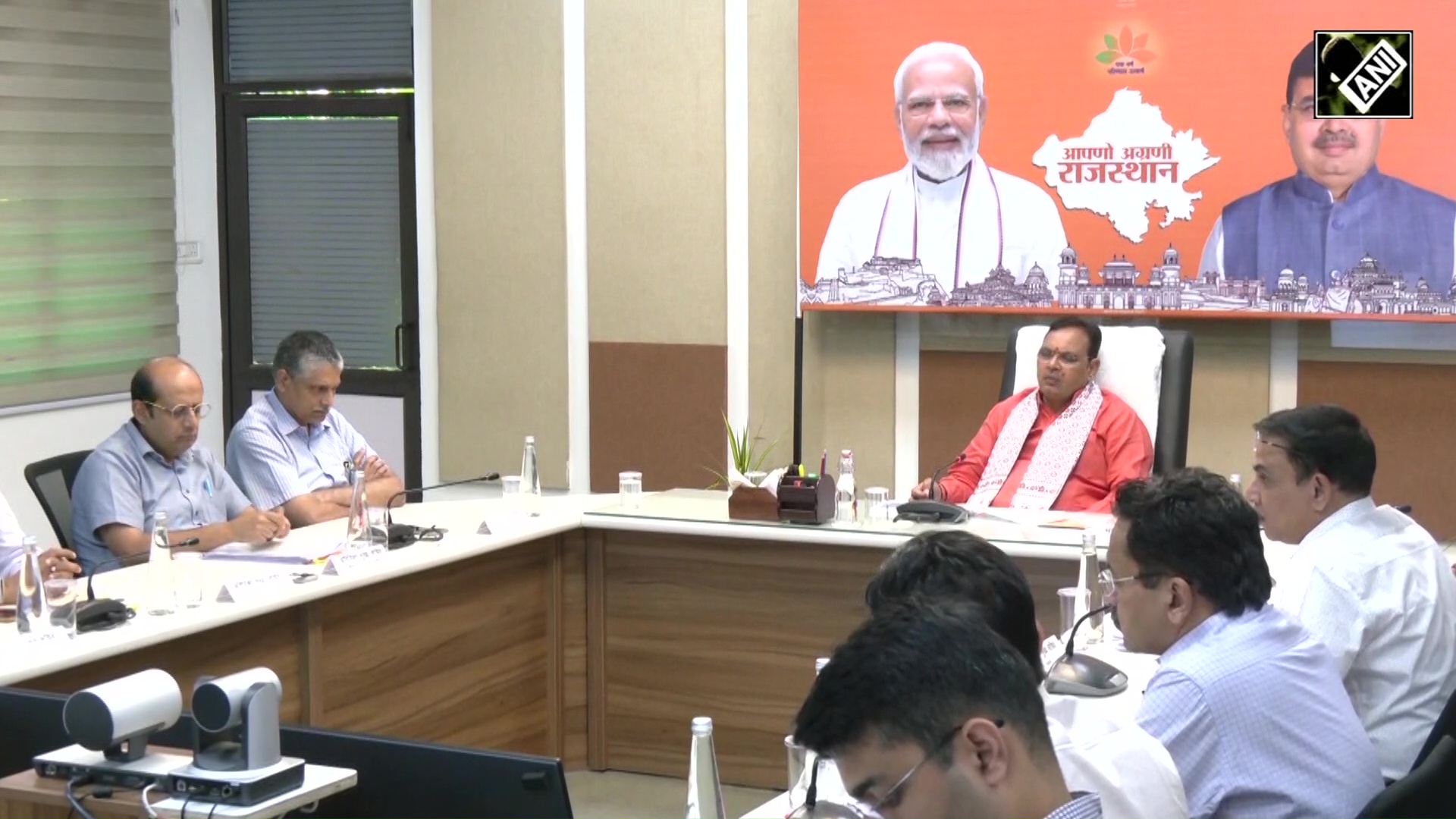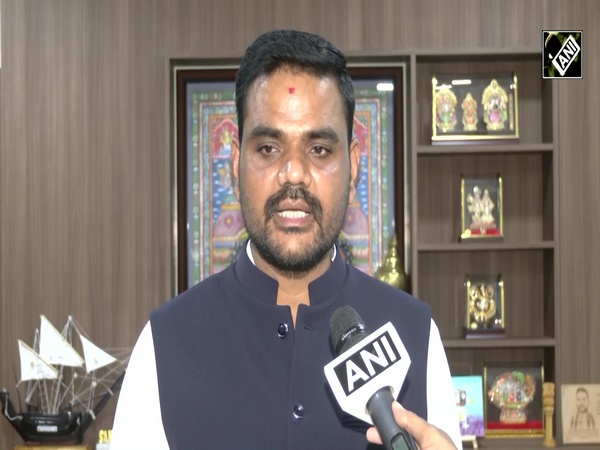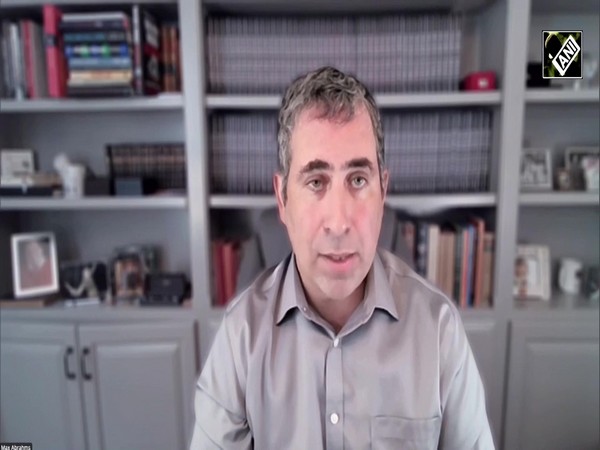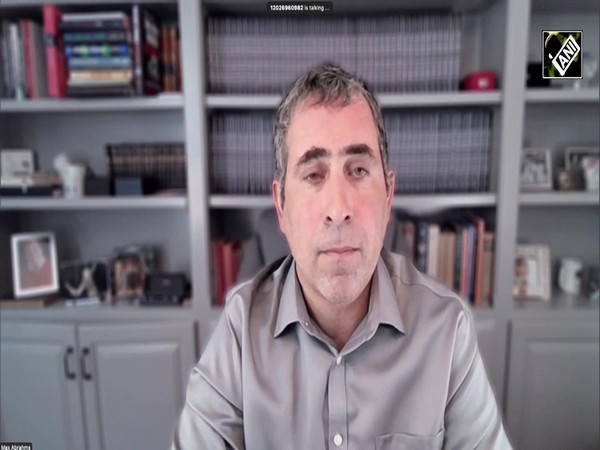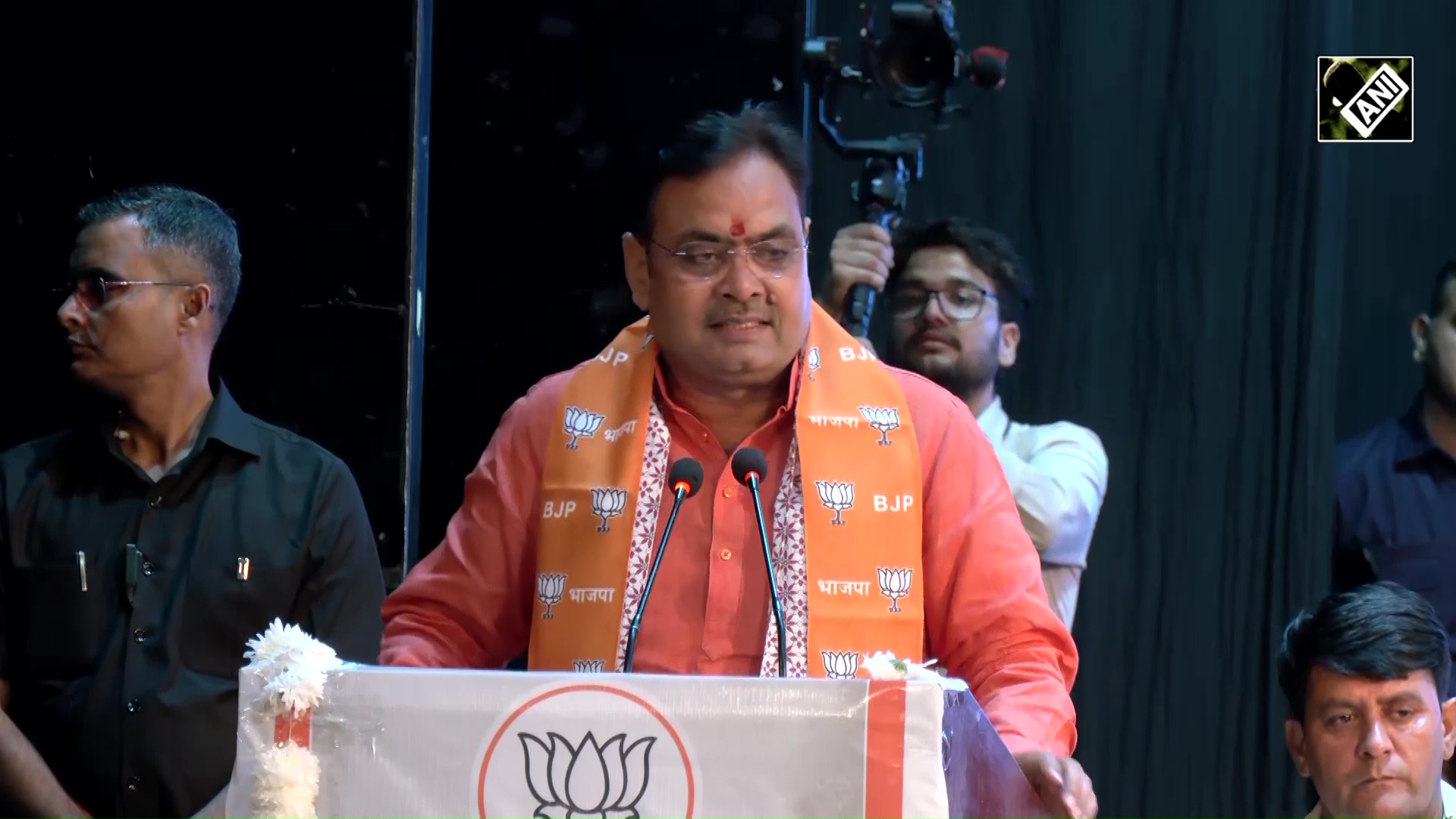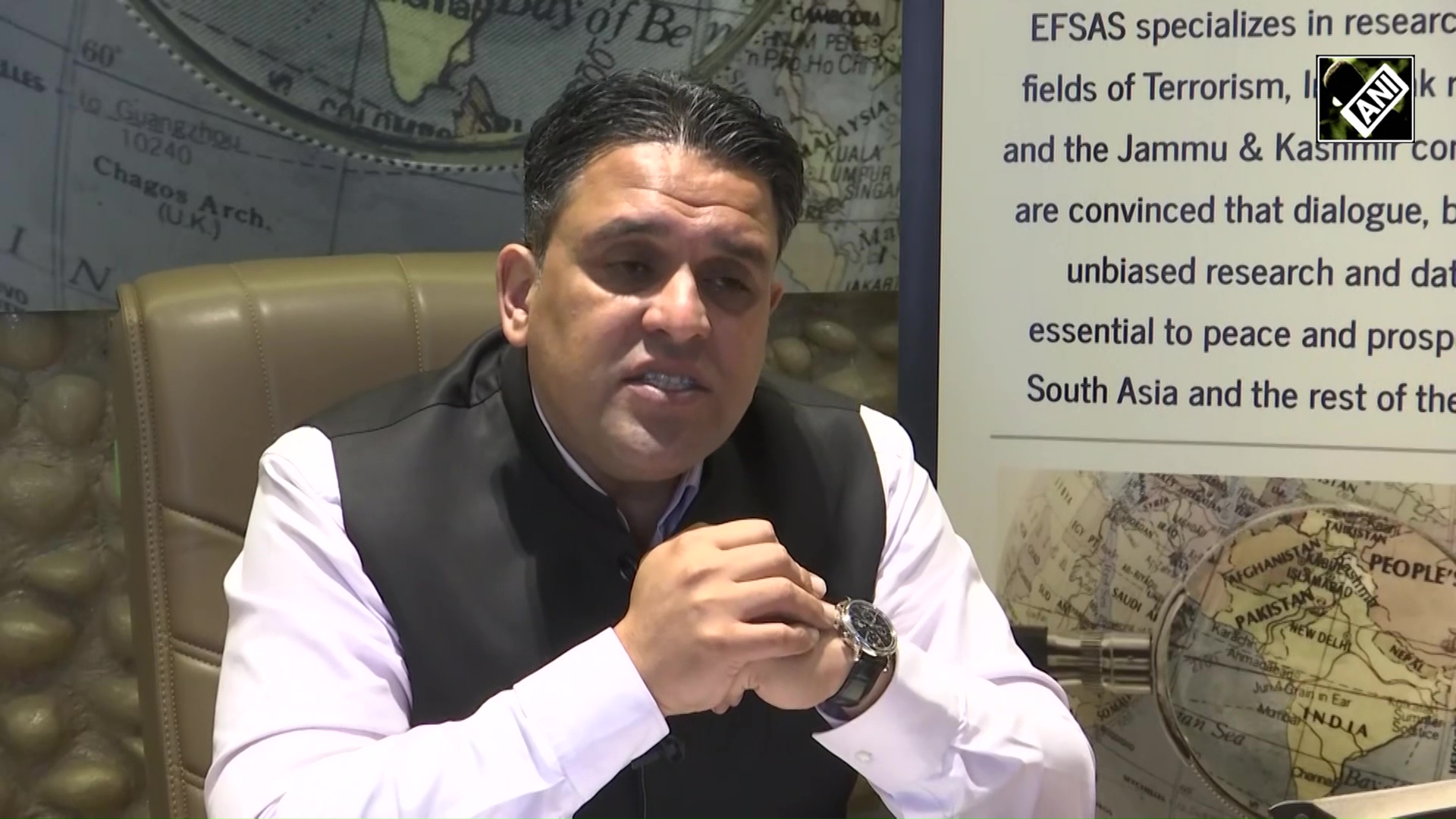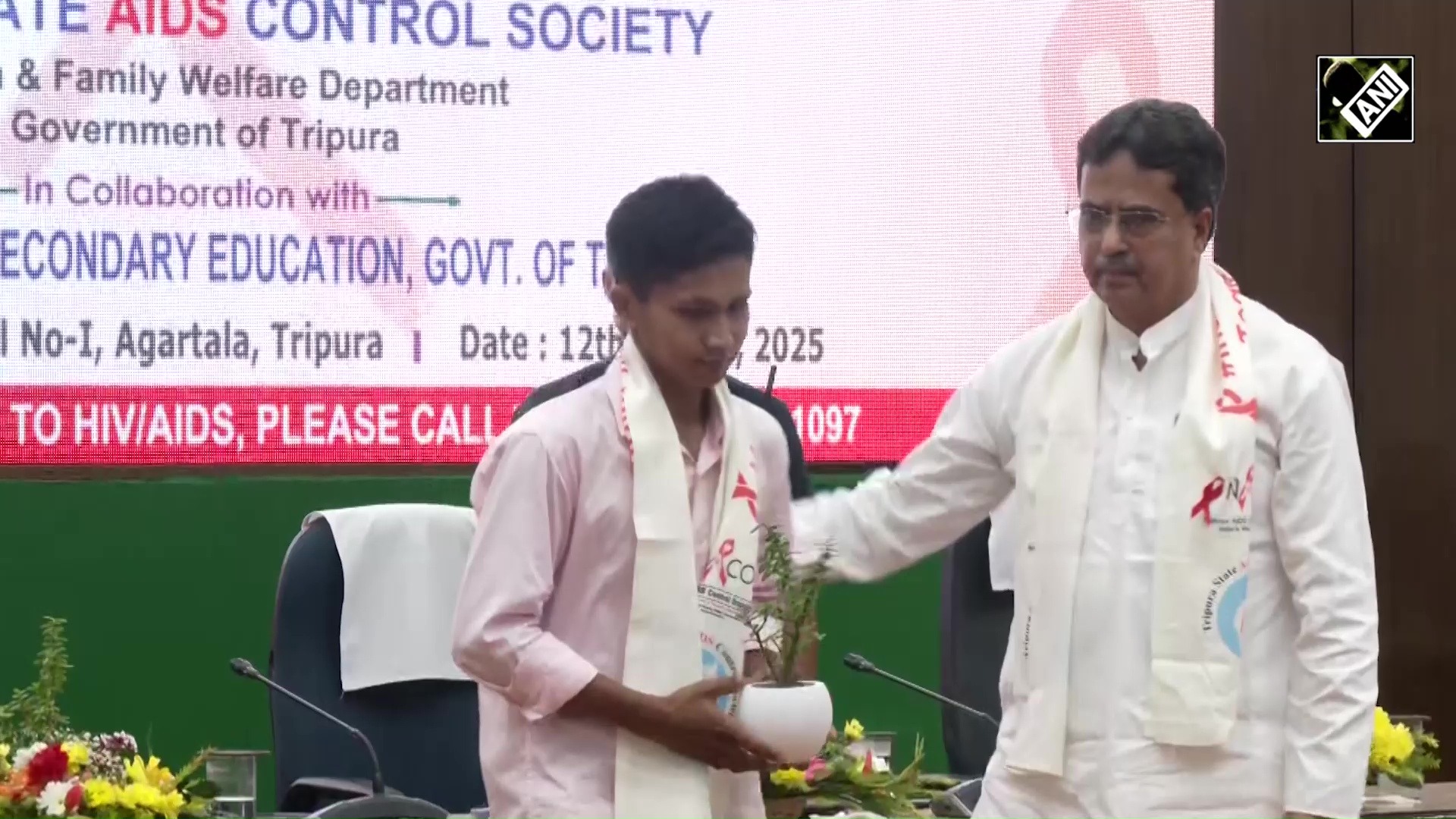Centre seeks more time to file reply on pleas challenging Constitutional validity of sedition law
May 04, 2022

New Delhi [India], May 4 : The Central government on Wednesday filed an application in the Supreme Court that seeks one more week to submit its response to a batch of petitions challenging the Constitutional validity of the offence of sedition under Section 124A of the Indian Penal Code.
The application was filed as the bench of Chief Justice of India NV Ramana and Justices Hima Kohli and Surya Kant are scheduled to hear the petitions tomorrow.
On May 2 also Centre sought an extension of time to file its response to the pleas saying it needs to seek approval from the competent authority.
On April 27, the apex court had posted for May 5 for the final hearing of the pleas as it granted time till last week's end to the Centre to file its response after Solicitor General Tushar Mehta, appearing for the Centre, sought two days to file a reply.
The bench posting the matter for final hearing on May 5 also had made it clear that no adjournment would be granted in the case.
Earlier, the top court issued notice to the Centre on the plea filed by former army officer Major-General SG Vombatkere (Retd) challenging the Constitutional validity of the sedition law. Former Union minister Arun Shourie, NGO PUCL, Editors Guild of India, Journalists Patricia Mukhim and Anuradha Bhasin had also approached the apex court against sedition law.
Last year, CJI Ramana questioned the Central government on the requirement of sedition law even after 75 years of independence and observed that it was colonial law that was used against freedom fighters.
While pointing out that sedition law was used against freedom fighters like Mahatma Gandhi and Bal Gangadhar Tilak, the apex court had asked Attorney General KK Venugopal, appearing for the Centre, why it can't be repealed.
It had observed that the Centre has repealed many stale laws and enquired why the government is not looking into repealing Section 124A (which deals with the offence of sedition) of the IPC.
The Bench had asked AG, "It's a colonial law, it was meant to suppress the freedom movement, the same law was used by British against Mahatma Gandhi and Bal Gangadhar Tilak etc. Is this law still required to exist after 75 years of independence?"
It had further said that the court was concerned about the misuse of such laws.
Chief Justice of India had also said that the apex court will look into the plea challenging the Constitutional validity of section 124A while adding that the "situation on the ground is grave... if one party does not like what the other is saying, Section 124A is used... It is a serious threat to the functioning of individuals and parties."
Attorney General had told the bench that section 124A need not be struck down and only guidelines are set out so that section meets its legal purpose.
CJI had said, "use of sedition is like giving a saw to the carpenter to cut a piece of wood and he uses it to cut the entire forest itself".
The top court had further told Attorney General that the conviction rate under Section 124A is very low.
Major-General Vombatkere (Retd) challenged the Constitutional validity of the sedition law on the ground that it causes a "chilling effect" on speech and is an unreasonable restriction on free expression, a fundamental right.
Arun Shourie sought direction to declare the sedition law unconstitutional arguing that it is "heavily abused". Shourie in his plea had said that cases are being filed against citizens for "exercising their freedom of speech and expression".
Section 124-A (sedition) under the IPC is a non-bailable provision.
Earlier, a different bench of the top court had sought a response from the Centre on a plea challenging the Constitutional validity of sedition law, filed by two journalists -- Kishorechandra Wangkhemcha and Kanhaiya Lal Shukla -- working in Manipur and Chhattisgarh respectively.
